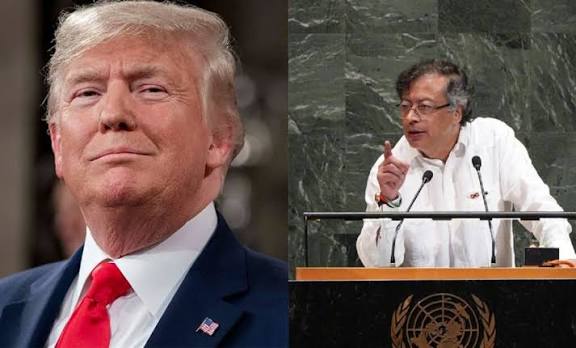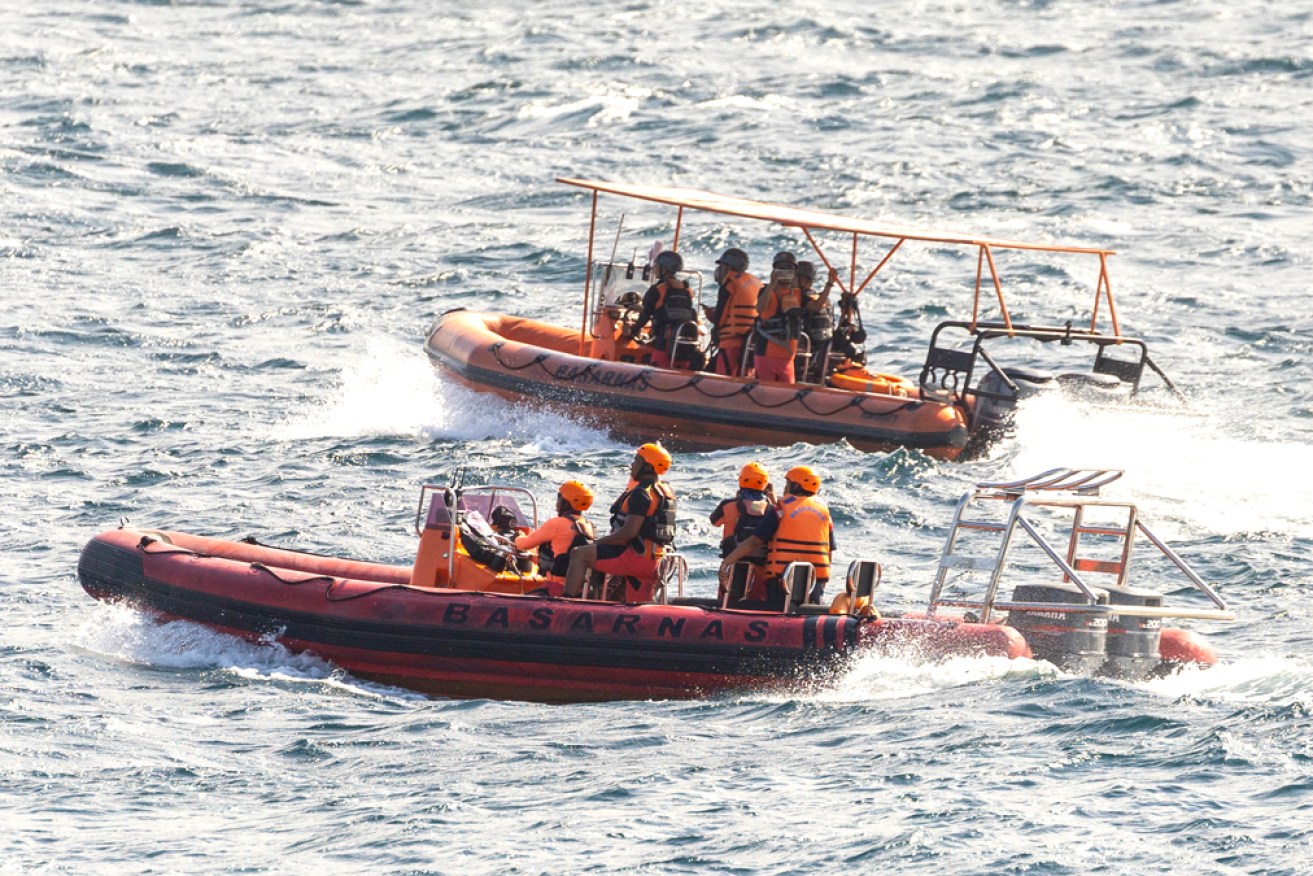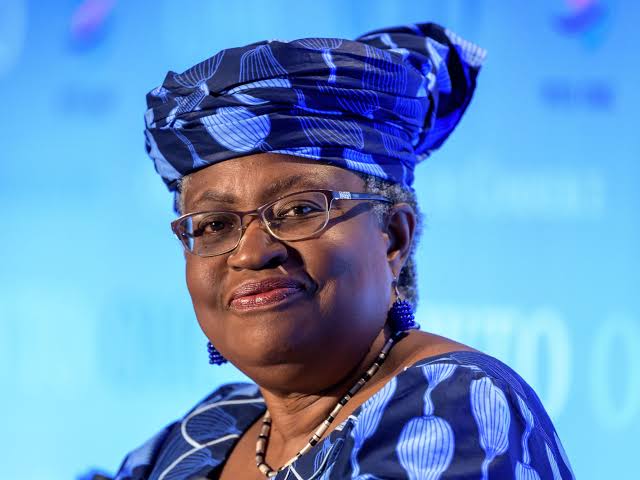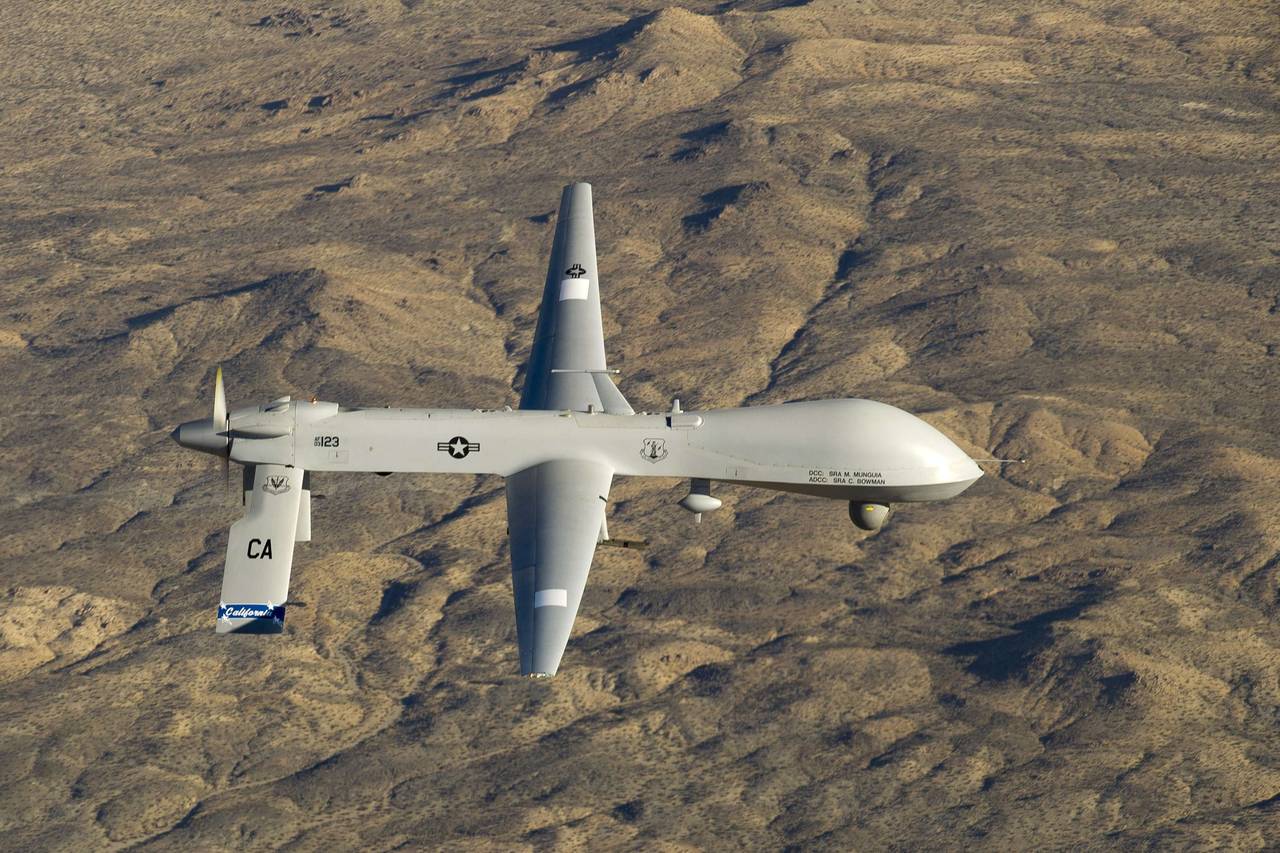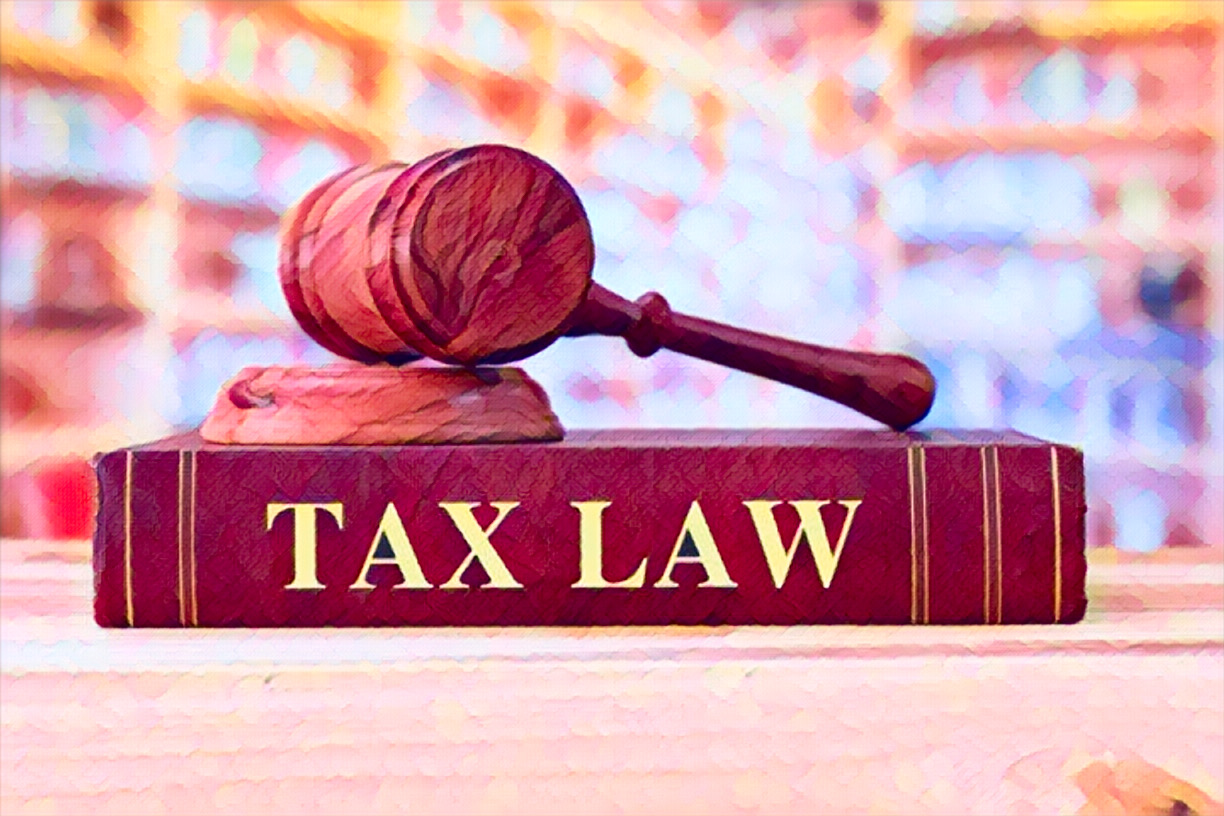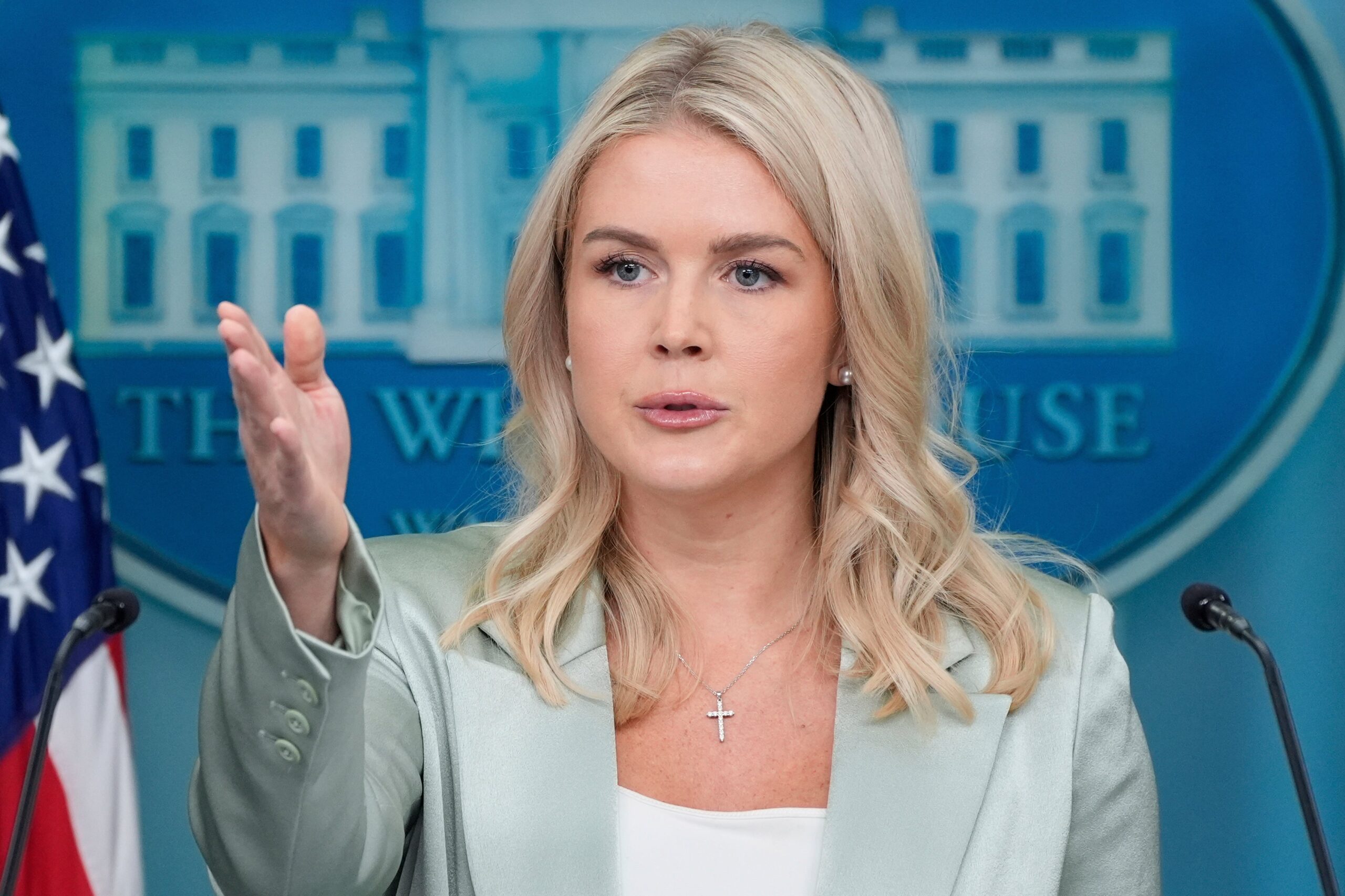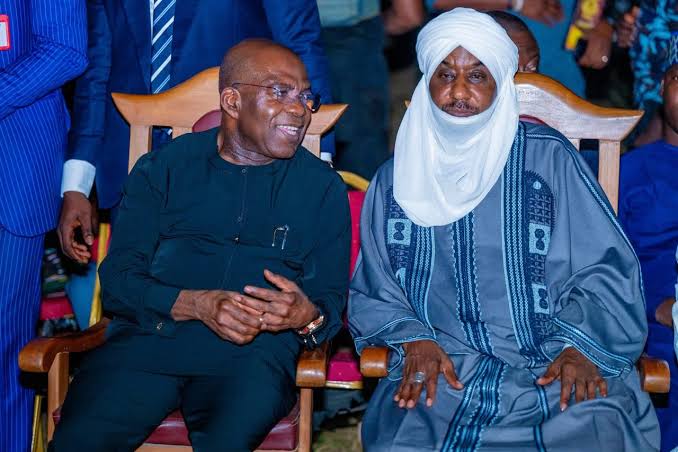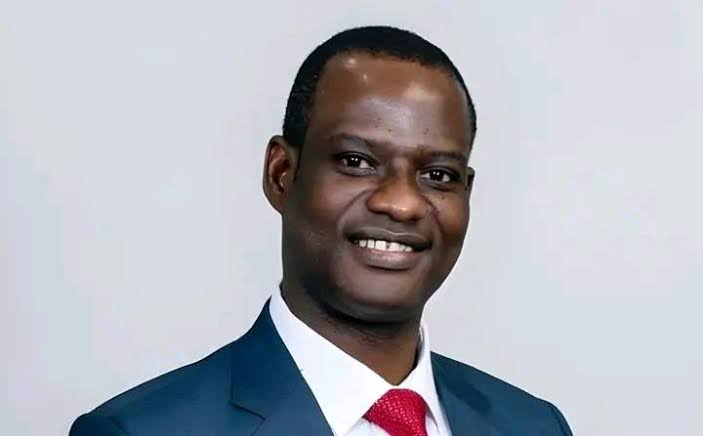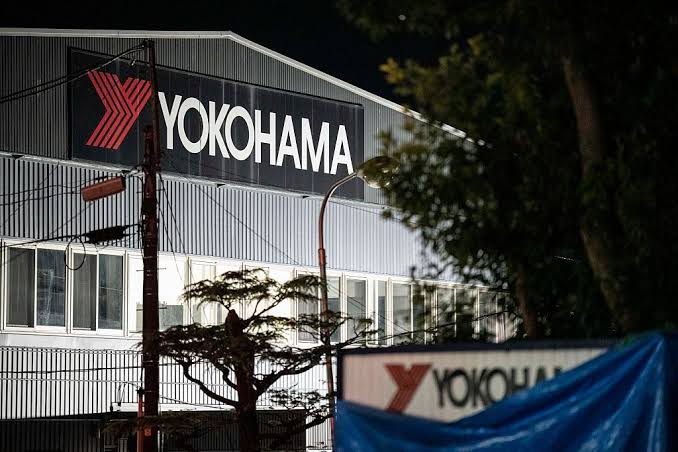Colombian President Gustavo Petro criticizes Trump’s Caribbean drug vessel strikes, halting intelligence sharing with U.S.; White House defends actions.
Colombian President Gustavo Petro has sharply criticized President Donald Trump, calling him a “barbarian” following U.S. strikes on suspected drug-trafficking vessels in the Caribbean. Petro’s remarks came in an interview published Thursday November 6, 2025, by NBC News, days after he ordered Colombia’s security forces to stop sharing intelligence with Washington until the attacks cease.
Petro told the network that continuing to provide information to U.S. forces “would be collaborating with a crime against humanity,” emphasizing that the protection of human rights for Caribbean communities must take precedence in the fight against drug trafficking.
The White House responded by defending Trump’s actions. A senior official told Fox News Digital that the strikes were consistent with the president’s responsibility to protect Americans and advance U.S. national security and foreign policy interests. The official also accused Petro of supporting drug production, claiming that despite “billions of U.S. taxpayer dollars invested in Colombia’s counterdrug efforts, cartels are thriving under Petro’s failed policies.”
Read Also: Trump: Warns Colombian President Petro After Hurting Remarks
Petro reinforced his stance on X, writing that Colombia’s military must immediately suspend “communications and other agreements with U.S. security agencies” until the United States stops targeting suspected drug vessels. The move highlights growing tensions between the two countries over counterdrug operations and the balance between enforcement and civilian safety.
U.S. officials, including Secretary of State Marco Rubio, have pushed back against reports suggesting that Britain had curtailed intelligence sharing with the U.S. in response to the strikes. Rubio stressed that the operations are part of an ongoing counterdrug effort “ordered in defense of our country” and could halt only if drug shipments cease. He further highlighted the role of Venezuela, describing President Nicolás Maduro’s government as a “narco-terrorist regime” that facilitates transshipment of illegal drugs.
The controversy also touches on broader questions of international law and sovereignty. Rubio argued that while foreign governments may comment on U.S. operations, they cannot dictate how the United States defends itself against organized criminal groups threatening national security.
The dispute underscores escalating tensions in Latin America regarding U.S. counterdrug interventions. Petro’s objections reflect growing concerns about civilian safety and sovereignty, while the Trump administration frames its actions as critical to halting the flow of narcotics into the United States, revealing the delicate balance between enforcement and diplomacy in the region.
As both sides maintain firm positions, the situation may influence future cooperation on intelligence and joint operations in the hemisphere.

